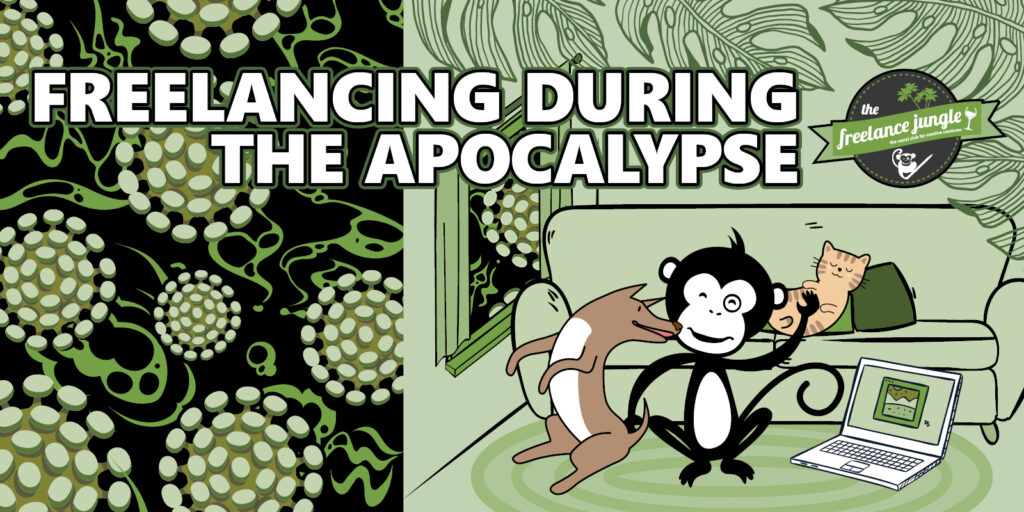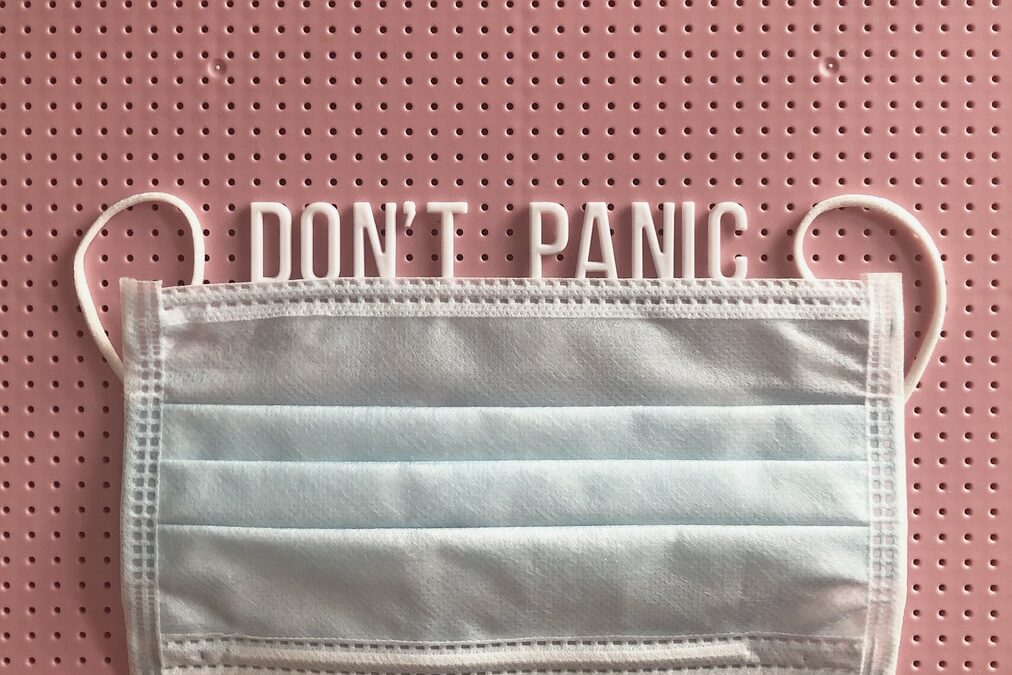Did I ever think I’d write blogs about freelancing in a pandemic? No. Are they necessary. Yes.
You know what makes for a useful freelancer during a pandemic? One that can change quickly, turn things around in a small window, and is good at creative problem solving.
What businesses have had to do in a short span of time is pretty extraordinary. As people freelancing in a pandemic, we should understand that, too. Everyone is working super hard to make the most of a weird ass situation.
A few examples of businesses pivoting under pandemic pressure included:
- Hospitality businesses that had not previously has websites were pulling up online ordering systems within days
- Restaurants that had never offered takeout before needed to consider packaging and safe transportation. All at a time too when supply chains were hit in the packaging industry through logistics and supply problems
- Performers, event producers and a whole bunch of small- and large-scale entertainment discovering streaming
- Running venues with restrictions on shared microphones, whether or not you could dance, how people were seated, access to food and beverage, extra cleaning, capacity regulations and so on
- The massive shift to online education for Pilates, Yoga and gym teachers
- Virtual tours for museums, art galleries and places of cultural significance
- Adding stringent door registration and social distancing awareness procedures in retail, club, pub and public transport environments to help with tracing efforts
- Telecommuting to work for a variety of different organisations and professions
- Teaching and remote learning from school through to university level
- Providing health and mental health services online
- Every accountant or tax agent in Australia having to learn on the fly and run changes and problems up the flagpole to their industry representatives to enact a massive change in support, reporting, taxation and the rest.
That’s a few examples. I am sure there are many more. There are also so many Australian businesses that have had to carry the additional pressure on staff about these changes.
A few examples of that staff-based pandemic pressure include:
- Aged care facilities no longer allowing family members – and having to disseminate information to family as breakouts at facilities occur
- Community managers and social media professionals dealing with more online bullying, more stress and more anger
- Increased need for communicating change with writers, call centre operators, explainer videos and more
- Continued and constant press conferences at state and federal level needing support from journalism and technology to occur
- Dealing with public relations disasters and appropriate responses when venues and businesses are identified as hotspots for contagion
- Trainers and managers enabling capacity in pharmacy workers, Bunnings employees, delivery drivers and COVID marshals- the frontline people who have faced an extraordinary amount of overwork and bullying
- Meeting the increasingly fractious and temperamental community with the right information, safety practices and more.
Speed is of the essence when you’re freelancing in a pandemic. As freelancers, we need to recognise that the businesses we service don’t want the perfect solution in October. They want a solution by Friday. Small business, large scale organisations, government departments- they are all flat out trying to keep pace with a highly contagious virus.
How you can use freelancing in a pandemic to your advantage
- Think about the sensationally difficult things your clients have had to do since the start of the year
- Consider ways you can create products to meet those challenges. E.g. can you nerd-up on social distancing and hygiene regulations and produce guides for businesses to use? Can you support them with social media disaster training? Think of the solution to your client’s problem before they do by outlining the issues and a way forward
- Leave perfection behind for the moment. Our clients need to test ideas quickly
You can also understand what it is like to pivot under pressure (and how you and your clients can get through the process) with this presentation.
How you should be supplying it to your clients
Your clients are dealing with a whole heck of a lot. That means they will value the people that give them as much brain space and help as possible. Some of the ways you can help with that include:
- Be proactive about communication – if you need the answer, chase it
- Forgive your clients if they run late– plan extra time for receiving assets, feedback and information
- Set shorter milestones and timelines – keep them accountable with smaller steps. This includes how they should be paying you as well
- Provide updates on progress – if you become something they have to think about, it adds to the stress
- Produce content that makes their life easier – be at the forefront of communicating how to navigate the changes and the aspects within. You can always repurpose it later
- Invite them to work alongside you- if you let them know you’re both stressed and trying to make sense of an ever-changing world, it’ll improve the discussion and dialogue
- Introduce your clients around – most business owners feel incredibly alone right now. If you demonstrate there is a freelance community they can draw on, that there is a local business community in your suburb or town, that the field they are in has support, it can do a lot to allay their fears
- Be clear about the boundaries – in times of uncertainty, people need to know where the lines are. The more you give them some consistent behavioural signposts, the more likely they are to feel safe and supported.
Want more help with freelancing in a pandemic? Check out the ever-growing Freelancing Under COVID-19 blog category.

This tip was brought to you by the Freelance Jungle Patreon under the “Freelancing during the Apocalypse” 30-day challenge. Art by Jessica Harkins of Six Onions Design. Concept and content by Rebekah Lambert.

